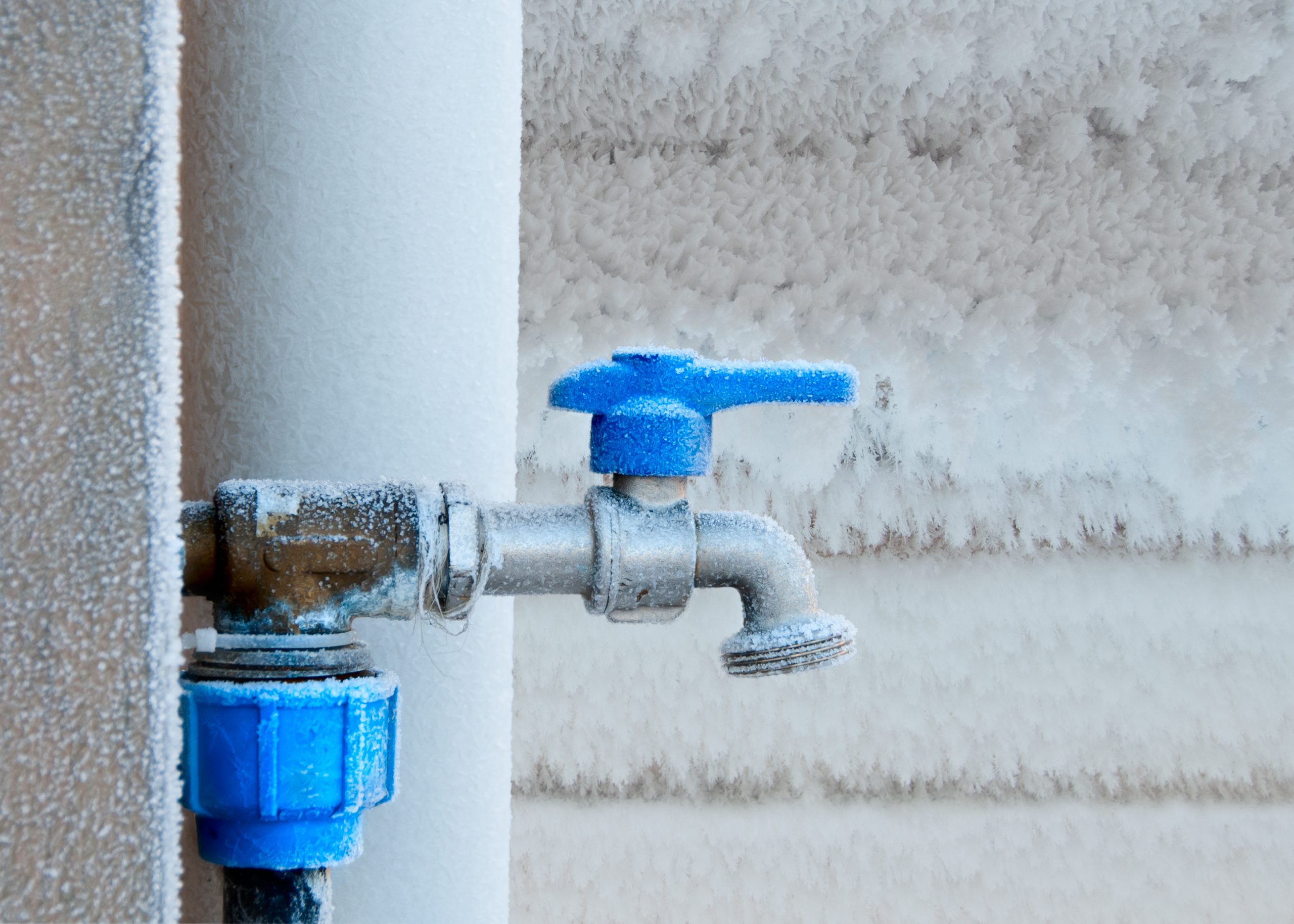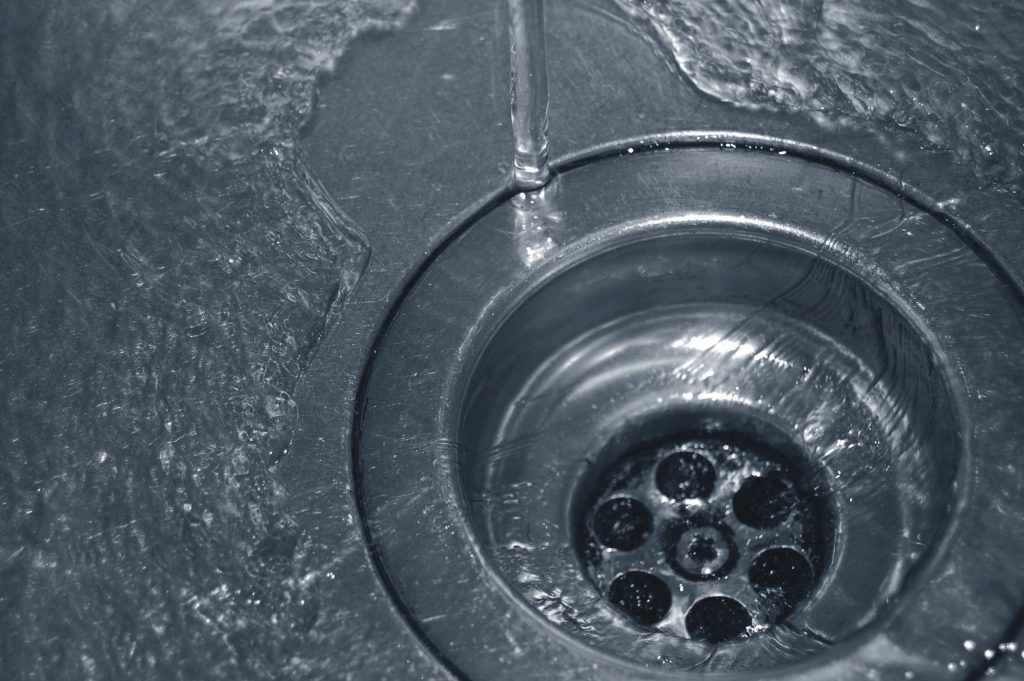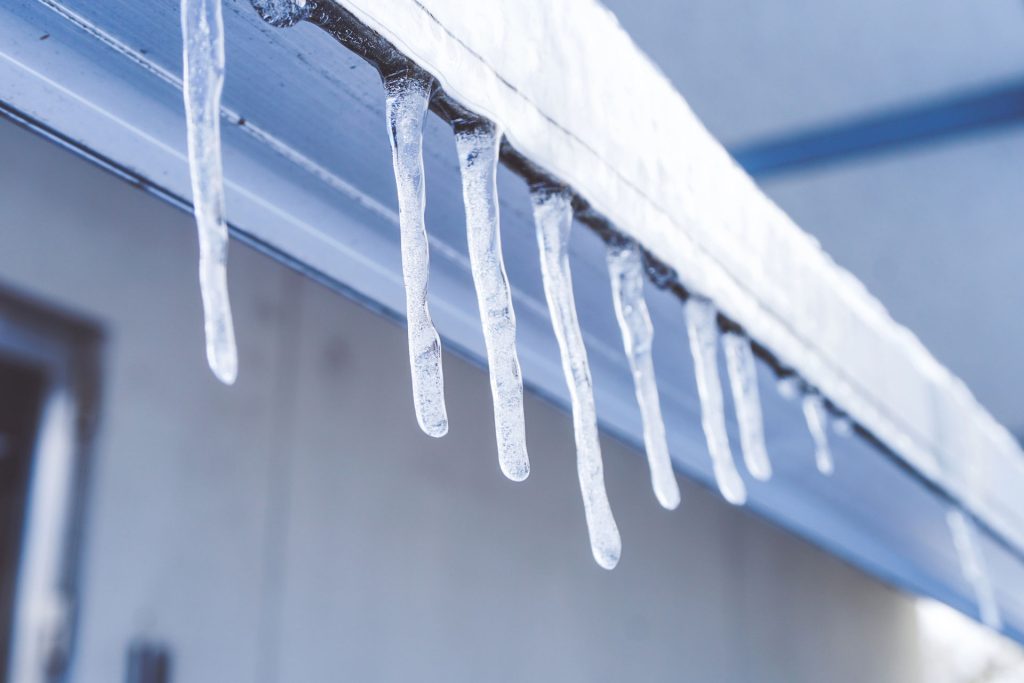Fall Maintenance: How to insulate your outdoor pipes against freezing?
November 15th, 2022
Winter seems more than ever to be on its way and with it comes some concerns such as freezing pipes. Indeed, nobody likes to wake up one winter morning to find that there is no more running water and that the pipes have frozen. The following article will give you some tips to help you have a more peaceful winter without any unpleasant surprises.
How to prevent frozen pipes?
Frozen pipes in winter can not only be very annoying, but also cause a lot of damage. A frozen pipe can burst, which can cause water leaks. This can lead to a hefty bill and a lot of anguish. If pipes have cracked and need to be replaced, there will be significant costs involved, especially if you must deal with water damage. As for outdoor pipes that are exposed to the cold, there are a few things that should be done to prevent breakage. The first is to disconnect and drain the hoses. Next, drain the water in the part of the hose that runs through the foundation and out to the outside. The next step is to shut off the valve, which should probably be in the basement ceiling in line with the outside faucet. Once this is done, the next step is to open the outside faucet and drain any water that may be in it. Some faucet models are frost proof. When this type of faucet is closed, a mechanism stops the water 25 to 30 cm earlier inside it. This means that there is no water left in the portion of the pipe that is exposed to the cold. Even if you have a frost-free faucet, don’t forget to disconnect the hose. For indoor pipes, the damage can be more severe due to the possibility of water damage. New construction is relatively immune to this type of problem because the pipes are rarely located in the exterior walls. In the case of older homes, be sure to open baseboard heaters to ensure minimal heating and close basement windows. Also check for poorly sealed openings around the joists. If there are pipes nearby, they could freeze. Insulating the exterior walls is also important, especially if there are pipes. Without adequate protection from the cold, they can freeze more easily in very cold weather. Ideally, pipes should be kept away from exterior walls.
What to do if a pipe has frozen
It is important to react quickly when a pipe is found to be frozen. Water expands as it freezes, putting pressure on the pipes and their joints. The further the frost advances in the pipe, the greater the risk of breakage. To reverse the freezing of pipes, expose them to ambient heat or to the heat of a space heater. Remember to unplug portable heaters when you are away to avoid the risk of fire.
If you need help, don’t hesitate to call a plumber who has the equipment to thaw pipes. He or she will also be able to give you some tips on how to prevent the situation from happening again.




